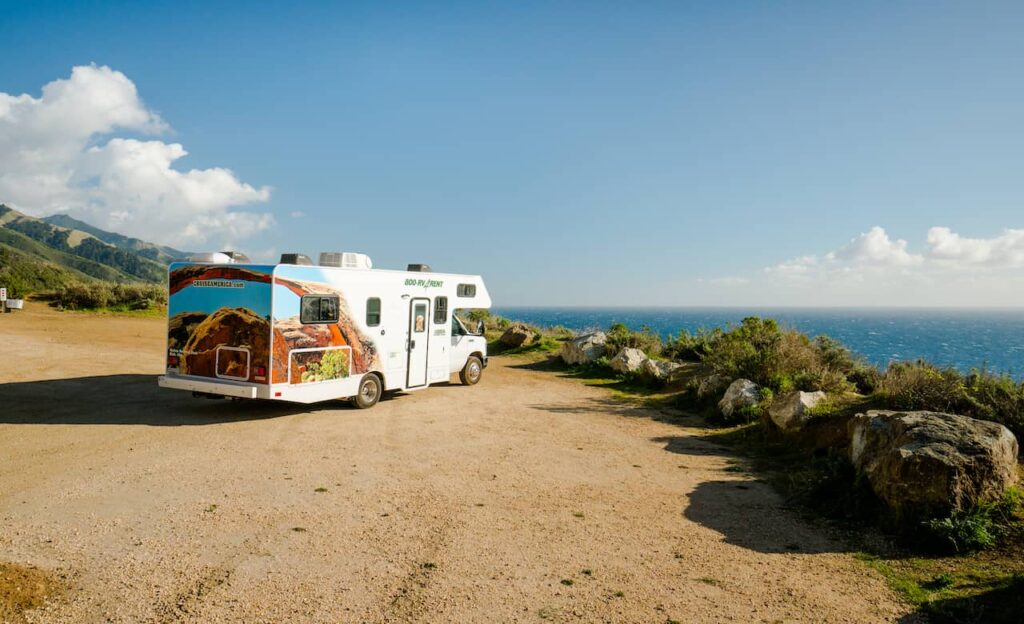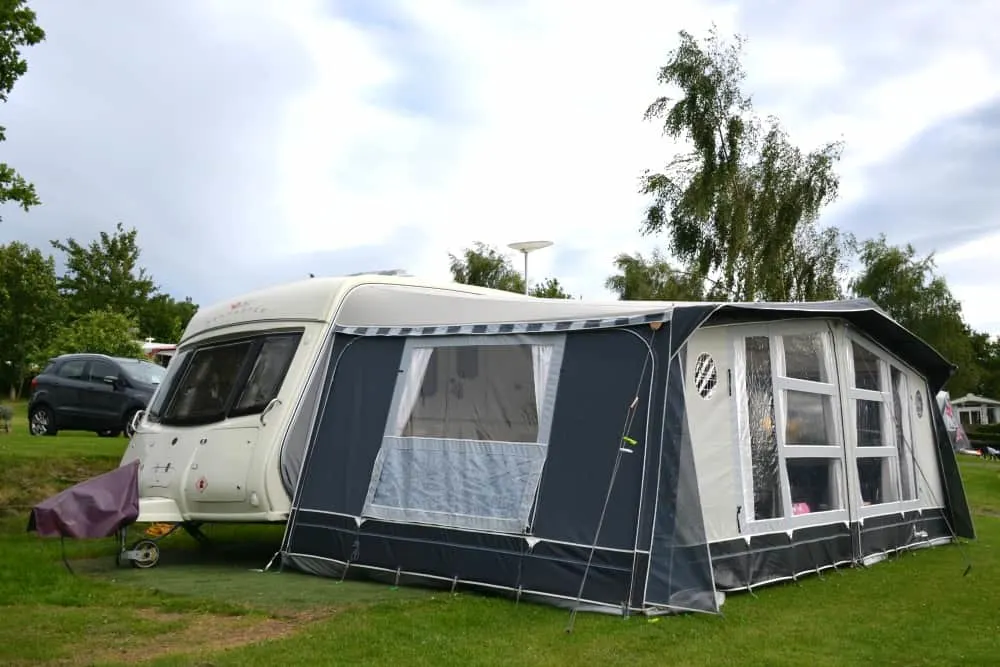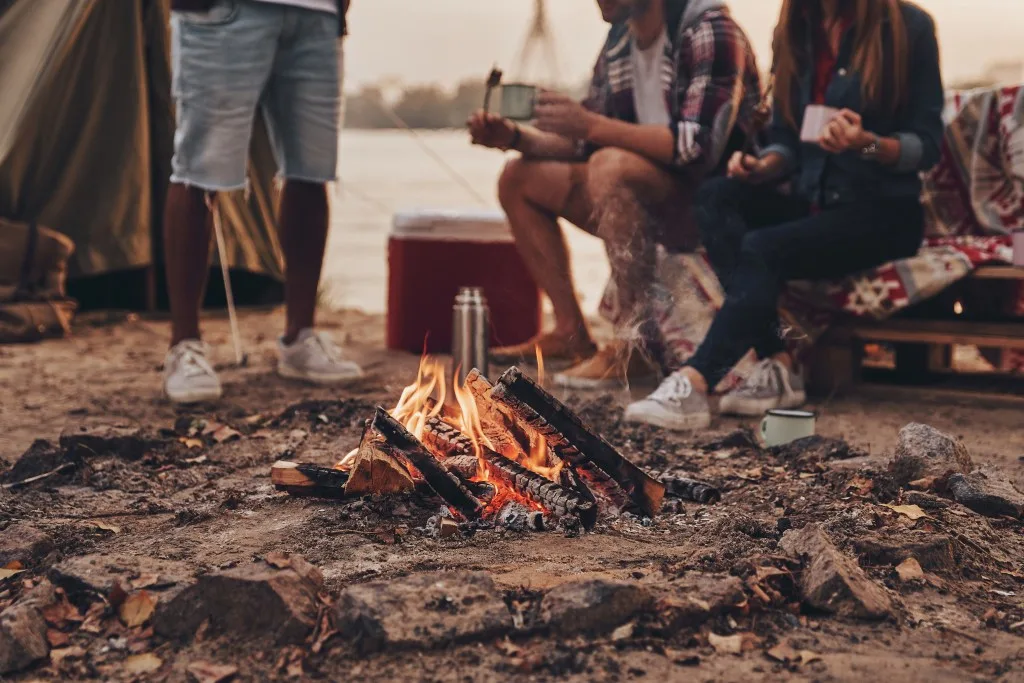Introduction to Oregon Beaches
The Oregon Coast, stretching approximately 363 miles, is renowned for its breathtaking landscapes, rugged cliffs, and serene beaches, offering a picturesque backdrop for campers and nature enthusiasts alike. The coastline is dotted with numerous beaches, each possessing its own unique charm and characteristics, from the bustling Cannon Beach to the tranquil Cape Lookout. The diverse ecosystems, vibrant coastal towns, and the majestic Pacific Ocean make the Oregon Coast a sought-after destination for beach camping.
Oregon beaches are a treasure trove of natural beauty, with each beach offering a distinct and memorable experience to its visitors. From the towering sea stacks of Bandon Beach to the expansive sandy stretches of Manzanita, the beaches provide a myriad of scenic vistas and recreational opportunities. The uniqueness of Oregon beaches lies in their accessibility, the freedom to explore, and the unspoiled nature that provides a serene escape from the hustle and bustle of daily life.
Legalities and Regulations
Navigating through the legalities of beach camping in Oregon is crucial to ensure a hassle-free experience. The Oregon Beach Bill of 1967 ensures public access to the state’s beaches, but it’s vital to note that specific regulations govern camping activities. Certain areas permit overnight camping, while others might restrict it to protect local wildlife and ecosystems. Understanding and adhering to these laws, such as respecting private properties and adhering to designated camping zones, ensures that the beauty and accessibility of the beaches are preserved for future generations.
Securing permits and making reservations where necessary is an integral part of planning a camping trip to Oregon beaches. Some camping sites, especially those within state parks or popular tourist destinations, may require advanced booking to secure a spot. Understanding the reservation process, fees involved, and the policies of each camping site will facilitate a smooth and organized camping experience. Ensure to check the availability, restrictions, and any specific requirements that might be in place due to seasonal changes or other factors.

Best Beaches for Camping in Oregon
Oregon is home to numerous popular beaches that attract campers from all walks of life. Beaches like Cannon Beach, known for its iconic Haystack Rock, and Lincoln City, renowned for its vibrant kite festivals, offer a blend of natural beauty and recreational activities. These beaches often provide amenities such as restrooms, easy access, and nearby attractions, making them suitable for both novice and experienced campers. While they offer splendid experiences, it’s also essential to plan for the crowds, especially during peak seasons.
For those seeking solitude and a closer connection with nature, exploring hidden gems along the Oregon Coast can be incredibly rewarding. Secluded beaches like Short Sand Beach or Secret Beach offer a tranquil escape away from the more tourist-centric locations. These lesser-known spots allow campers to immerse themselves in the untouched beauty of Oregon’s coastline, providing a serene and intimate camping experience. However, it’s pivotal to research access points, tide schedules, and ensure that you’re prepared with all essentials since facilities might be limited.

Camping Gear and Essentials
A well-prepared checklist is paramount to ensure that you have all the essentials for a safe and enjoyable beach camping experience. This includes shelter (tent, tarp, or camper), sleeping gear (sleeping bags, pads), cooking essentials (stove, utensils, food), and clothing suitable for the coastal weather. Additionally, considering the beach environment, items like sunscreen, beach chairs, and sand stakes become vital. Ensuring that each item on the checklist is packed and in good condition will pave the way for a comfortable and stress-free camping adventure.
Choosing the right camping gear for beach environments involves considering the unique challenges posed by sand, salt, and wind. Opt for tents with robust wind resistance, and consider sand anchors to secure your shelter effectively on the beach. Selecting cooking gear that is resistant to corrosion and easy to clean from sand is also crucial. Moreover, considering lightweight and compact gear that is easy to transport across sandy terrains will enhance your overall camping experience, ensuring comfort and convenience amidst the natural elements.

Safety and Precautions
Knowledge about the tidal movements is crucial when camping on the beach to avoid setting up camp in an area that might be submerged during high tide. Utilizing tide tables, available online or at local coastal shops, will help you predict the ebb and flow of the tides, ensuring you select a safe camping spot. Being mindful of the tide schedules also allows you to plan activities like beachcombing, fishing, or exploring tide pools safely and effectively.
Oregon beaches are rich in wildlife, from seabirds to marine creatures, and understanding how to coexist safely is vital. Maintaining a safe distance, not feeding the animals, and storing food securely are key to ensuring a harmonious camping experience. Additionally, being aware of potential encounters with larger wildlife, such as bears or elk, and understanding how to respond safely protects both the campers and the animals. Respect towards the wildlife and their habitats ensures conservation and allows future campers to enjoy the same splendid experiences.
Environmental Responsibility
Adhering to the Leave No Trace principles is pivotal to ensure that the natural beauty and integrity of Oregon beaches are preserved. This involves practicing responsible camping by minimizing impact, managing waste effectively, and avoiding disturbances to wildlife and their habitats. Campers should be mindful to pack out all trash, utilize established trails and campsites, and respect other visitors to maintain the pristine condition of the beaches. The ethos of leaving no trace ensures that the environmental impact is minimized, safeguarding the ecosystems for future generations.
Protecting the diverse wildlife and maintaining the cleanliness of Oregon beaches is a collective responsibility. This involves respecting wildlife by observing from a distance, not feeding animals, and avoiding nesting areas during sensitive periods. Additionally, participating in beach clean-up activities, being mindful of waste disposal, and using eco-friendly products can significantly reduce the environmental impact of camping activities. A conscious effort to protect and preserve ensures that the vibrant ecosystems of Oregon beaches continue to thrive.
Activities and Attractions
The Oregon Coast is not only a haven for beach campers but also a hub for various attractions that cater to diverse interests. From exploring the historic Yaquina Head Lighthouse in Newport to wandering through the charming coastal towns like Astoria, there’s a plethora of attractions to explore. Engaging in local festivals, exploring maritime museums, and indulging in the local cuisine at coastal eateries enhance the camping experience by providing a taste of the local culture and history.
Oregon beaches offer a wide array of recreational activities and adventures for campers to indulge in. From surfing on the robust waves of Pacific City to exploring the mystical sea caves of Harris Beach, the opportunities for adventure are boundless. Engaging in activities like hiking, tide pooling, and beachcombing allows campers to immerse themselves in the natural wonders of the coast. Ensuring safety and respecting regulations during these activities ensures a fun and sustainable recreational experience.
Seasonal Camping Guide
Choosing the right time for beach camping in Oregon can significantly enhance the experience. Summer, with its warm temperatures and clear skies, is popular for beach activities and water sports. However, spring and fall also offer mild weather and fewer crowds, providing a serene camping experience. Winter camping can be an enchanting experience with storm watching and solitude, albeit with the need for additional preparations and precautions due to the colder and potentially harsher weather conditions.
Each season brings a unique charm and set of considerations for beach camping in Oregon. Summers are bustling with activities and events, while spring offers a spectacle of blooming wildflowers and migrating whales. Fall provides a tranquil ambiance with vibrant foliage, and winter presents a dramatic display of powerful storms and peaceful landscapes. Understanding the characteristics of each season, from weather patterns to available activities, allows campers to prepare adequately and select the time that aligns with their preferences.
Camping with Pets
Bringing pets along can enhance the camping experience, providing companionship and joy throughout the adventure. However, it’s essential to adhere to guidelines and ensure that pets are managed responsibly. This involves keeping pets on a leash where required, respecting wildlife and other campers, and managing pet waste effectively. Ensuring that pets are comfortable, safe, and not causing a disturbance to wildlife or other campers is crucial for a harmonious camping experience.
Ensuring the safety and comfort of pets while camping involves thorough preparation and mindfulness. Providing adequate shelter, food, and comfort for pets, and being prepared for potential emergencies with a pet first aid kit is vital. Being mindful of the pet’s health, ensuring they are protected from elements like the sun and wind, and providing ample opportunities for rest and hydration ensures a safe and enjoyable camping experience for both pets and campers.
Culinary Adventures
Cooking and dining while beach camping can be a delightful experience, with the sound of the waves and the open sky enhancing the ambiance. Preparing meals with fresh, local ingredients, perhaps even caught or foraged from the surroundings, adds a unique touch to the camping experience. Ensuring safe and responsible cooking practices, managing waste, and being mindful of wildlife while cooking outdoors is crucial to ensure safety and minimize environmental impact.
The Oregon Coast is renowned for its exquisite seafood and diverse culinary offerings. Exploring local eateries, indulging in fresh seafood, and experiencing the local cuisine is an integral part of the coastal adventure. From casual fish and chips on the wharf to fine dining experiences in coastal towns, the culinary adventures are boundless. Engaging with local businesses and trying regional specialties not only enhances the camping experience but also supports local communities.
Conclusion
Embarking on a camping adventure along the enchanting beaches of Oregon is not merely an excursion; it’s an immersion into a world where the rhythmic cadence of the waves, the caress of the coastal breeze, and the unbridled beauty of the landscapes converge to create a symphony of serene and exhilarating experiences. From the rugged cliffs and serene shores of Cannon Beach to the secluded, untouched splendors of hidden coastal gems, each grain of sand tells a story of timeless tides and natural tranquility.
As we tread lightly on the sandy shores, cook beneath the starlit skies, and slumber to the lullaby of the ocean, let us carry with us the principles of conservation, ensuring that the splendors of Oregon’s beaches are preserved for generations of adventurers yet to come. May our footprints in the sand be ephemeral, but the memories and the legacy of our responsible exploration be everlasting. Through this guide, may you find the inspiration to explore, the knowledge to navigate, and the wisdom to preserve the unparalleled beauty and adventure that is beach camping on the Oregon Coast. May your adventures be boundless, your spirit be free, and your impact be minimal as you forge memories amidst the coastal wonders of Oregon.



